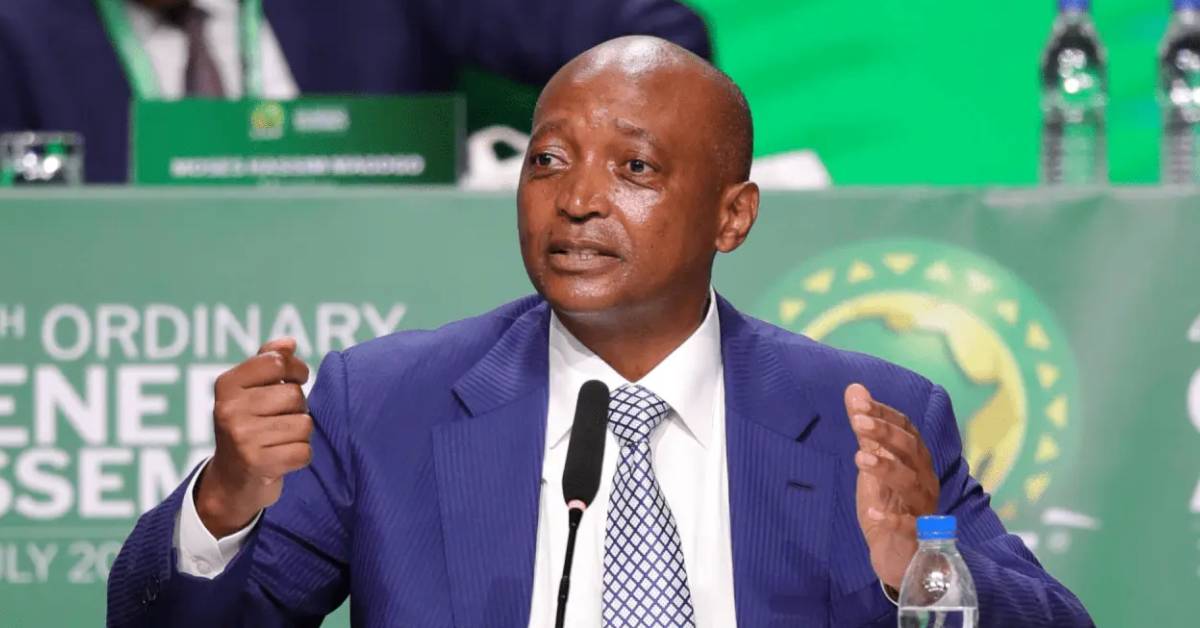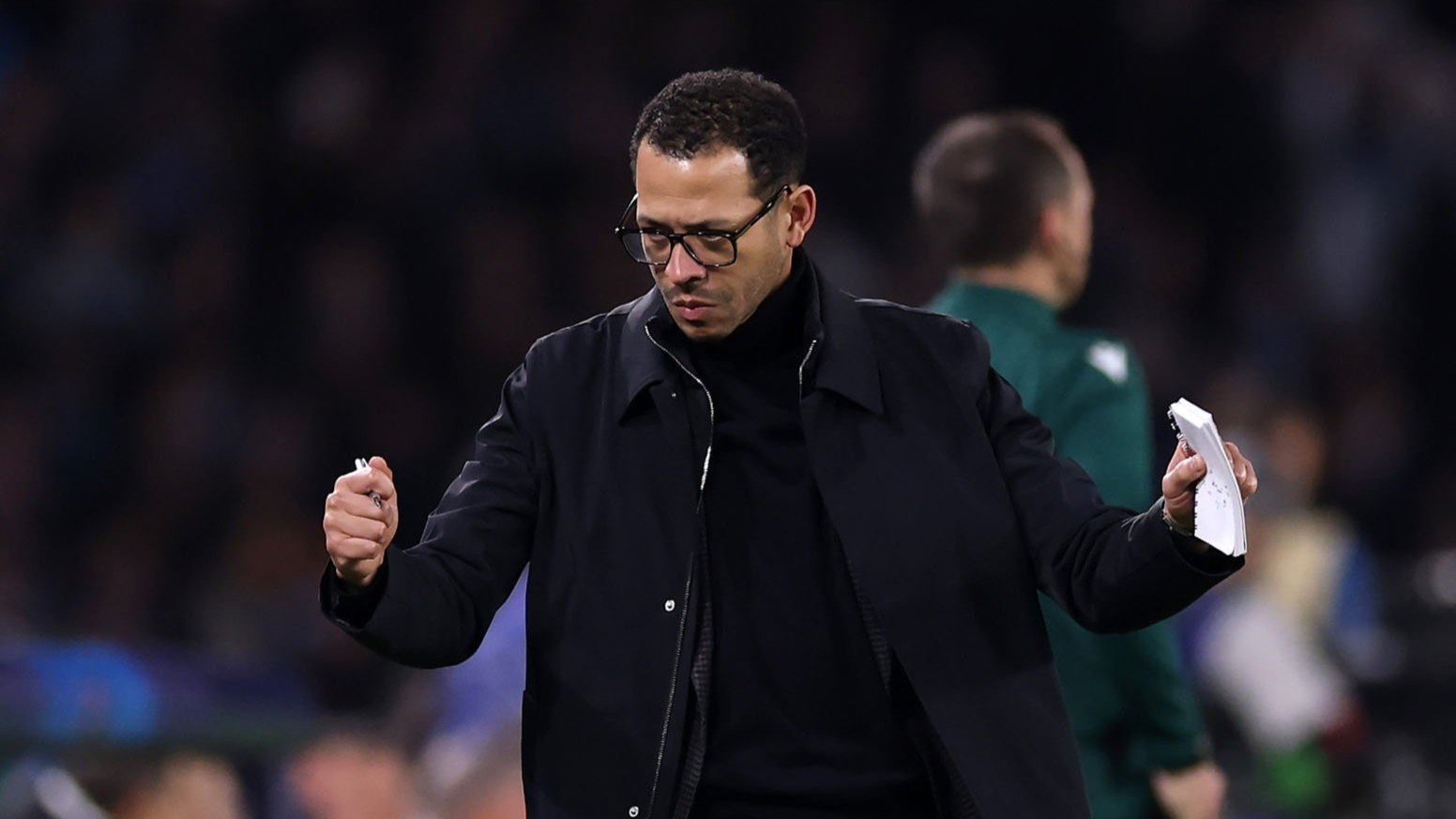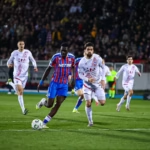DR Congo faces potential exclusion from 2025 AFCON and 2026 World Cup following CAS ruling

The Democratic Republic of Congo’s national football team is facing a serious threat of exclusion from both the 2025 Africa Cup of Nations (AFCON) and the 2026 FIFA World Cup qualifiers, following a critical decision handed down by the Court of Arbitration for Sport (CAS).
The Leopards, who have already secured qualification for the 2025 AFCON—set to be held in Morocco from 21 December 2025 to 18 January 2026—and currently lead their group in the 2026 World Cup qualifiers with four matchdays remaining, now find their international campaign in jeopardy.
The crisis stems from the suspension of the Congolese national football league earlier this year. At the end of June, the Congolese Football Federation (FECOFA) halted the domestic championship, citing severe financial difficulties faced by participating clubs. However, this decision was swiftly contested by leading Congolese club TP Mazembe, which took the matter to the Court of Arbitration for Sport.
This week, CAS ruled in favour of TP Mazembe, ordering that the national championship be resumed no later than 31 July. The court deemed the suspension unlawful and issued a directive for the immediate continuation of league activities, setting a strict deadline for compliance.
Should FECOFA fail to honour the CAS ruling, the repercussions could be severe. Both FIFA and the Confederation of African Football (CAF) are expected to step in, with potential sanctions that may include the suspension of DR Congo’s national teams from continental and international competitions.
Such punitive action would automatically result in the Leopards being excluded from the upcoming AFCON and from continuing in the World Cup qualifying campaign.
This looming threat casts a shadow over what has otherwise been a promising period for Congolese football. Under new leadership and with a talented squad, DR Congo had shown significant progress, raising hopes among fans of a return to international prominence. However, administrative instability and the ongoing financial turmoil within domestic football are now undermining that progress.
FECOFA, which has yet to issue a formal statement in response to the CAS ruling, now faces mounting pressure from both legal authorities and football’s governing bodies. With the July 31 deadline rapidly approaching, the federation must decide whether it can realistically reinstate the championship in compliance with the court’s order—or risk triggering sanctions that would halt the Leopards’ international ambitions.
For players, coaches, and supporters alike, the situation is a painful reminder of how off-field governance issues can derail on-field success. While the national team has delivered promising results on the pitch, it is now at the mercy of administrative decisions that could undo months of hard work.
Unless swift action is taken to resolve the standoff, DR Congo may soon find itself watching two of football’s most prestigious tournaments from the sidelines.
⚠️⌛️La deuxième séance d’entraînement du jour des Léopards A’ a vécu au terrain de l’académie du @FC_AiglesRDC contre vents et marées. pic.twitter.com/GGCARaUb7B
— Jenovic Lumbuenadio (@JLumbuenadio) July 17, 2025




